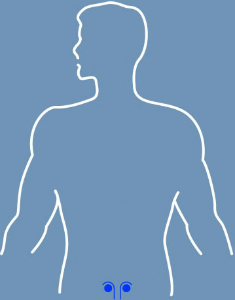Gum treatments
You may not be aware that you have gum disease as it is not always painful and some symptoms are not obvious.
However, red and swollen gums, bleeding gums after brushing or flossing, a strange taste in your mouth, receding gums, bad breath or loose teeth, are all signs of gum disease. If you notice any of these symptoms come and see us as soon as possible because, left untreated, gum disease impacts general health increasing the risk of developing…
Lack of regular flossing and brushing leaves small food particles trapped between teeth which collect bacteria and emit chemicals like hydrogen sulfide – the same compound that gives rotten eggs their characteristic smell.
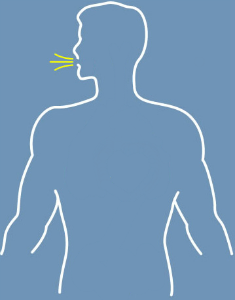
Infection in the gums destroys the supporting bone around the teeth causing them to loosen and drift before being lost.
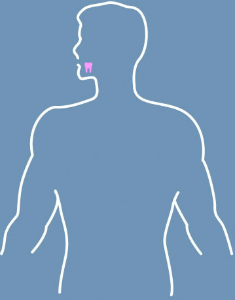
High levels of disease causing bacteria in the mouth can cause ‘clogging up’ of the Cartoid Artery which increases the risk of having a stroke.
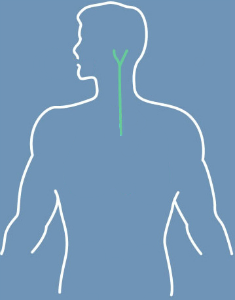
Bacteria present in periodontal disease can travel through the bloodstream to the lungs where it can aggravate the respiratory system, this is especially so in patients who already have respiratory problems.
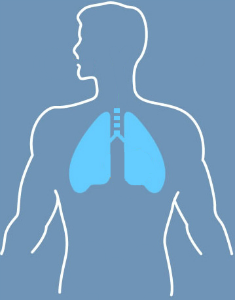
People with periodontal disease are two times more likely to develop heart disease and narrowing of the arteries as a result of plaque and periodontal bacteria entering the bloodstream. One study found that missing teeth and the presence of gum disease and cavities are as good at predicting heart disease as cholesterol levels!

Studies show that 95% of adults with heart disease also have periodontal disease and 1 in 3 of them have advanced periodontal disease which has led directly to toothloss.

Periodontal bacteria travelling through the blood stream can inflame blood vessels and block the blood flow to the genitals. Studies show that men with periodontal disease are 7 times more likely to experience erectile dysfunction than men with good oral hygiene.
